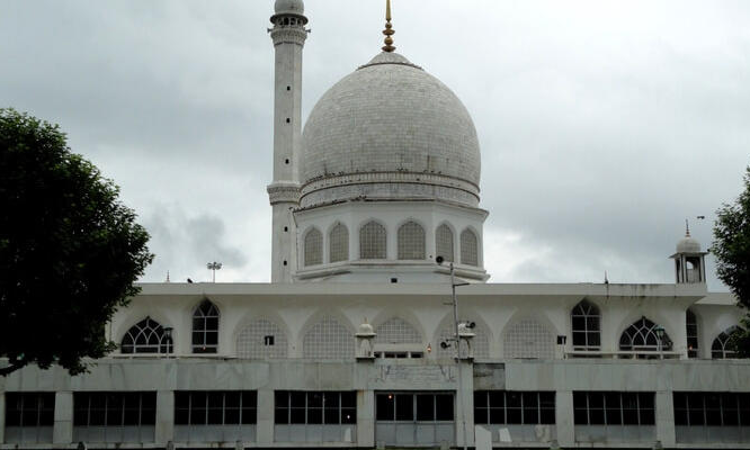- Home
- /
- Top Stories
- /
- All Muslim Public Trusts Not Waqf:...
All Muslim Public Trusts Not Waqf: Supreme Court
LIVELAW NEWS NETWORK
21 Oct 2022 5:49 PM IST
The Supreme Court on Thursday clarified that all Muslim public trusts will not amount to a "waqf".It said that there is a difference between 'waqf' and a public trust created by a Muslim. Hence, the Court "cannot paint all Muslim public trusts with the same brush as treat them as waqf".The Supreme Court had on Wednesday began dictating its order on the issue as to whether every charitable...
Next Story



